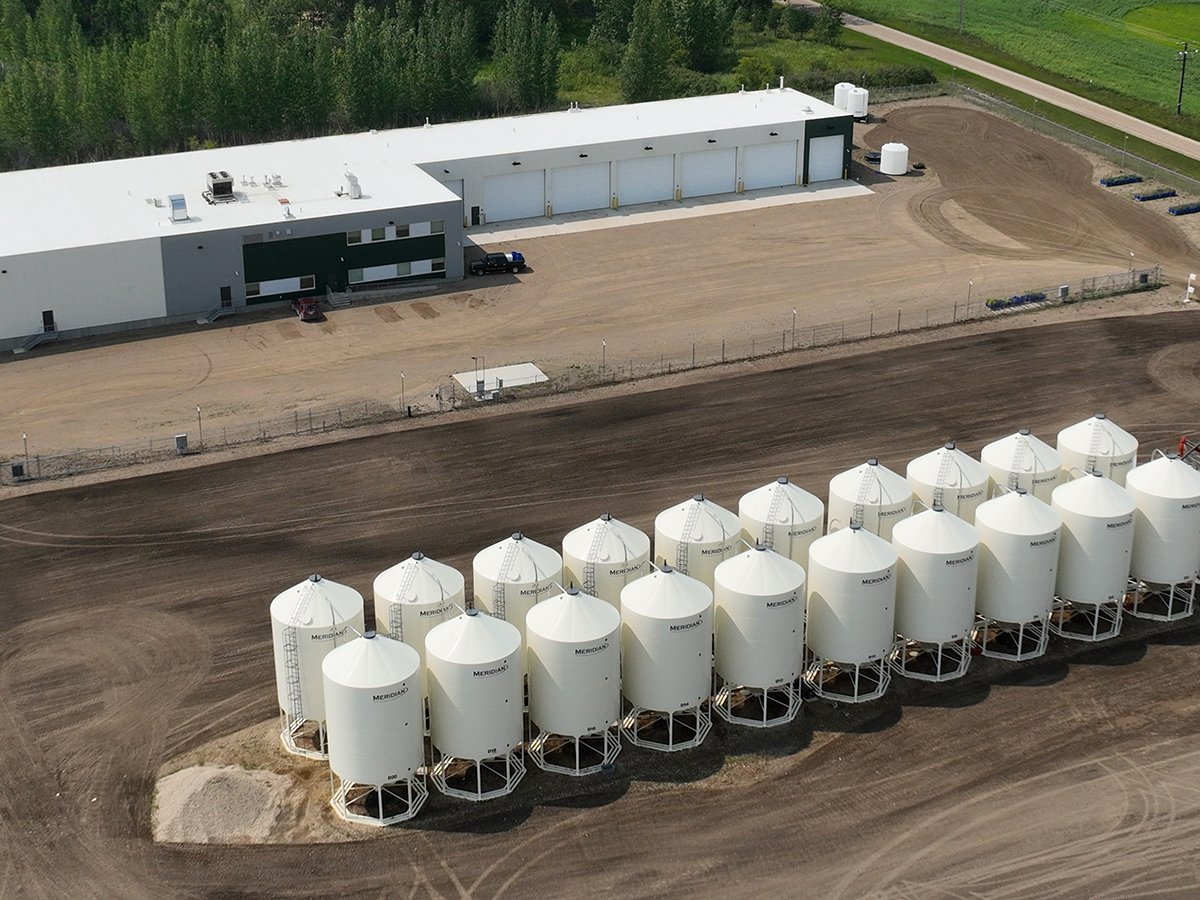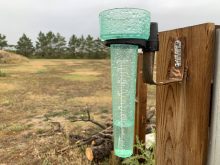Yaprak Baltacioglu still becomes emotional when she recalls the 1980s day when she stood before an Ottawa citizenship court judge to receive her Canadian citizenship and the lapel Canadian flag pin she still keeps among her treasured artifacts.
She was an adult immigrant from Turkey who had at first been a stay-at-home mom and then a student. Since then, she has become a career civil servant who in March was appointed the first female deputy minister in the 140-year history of the Agriculture Canada.
Baltacioglu still sounds awestruck.
Read Also

Saskatchewan firm aims to fix soil with compost pellets
In his business, Humaterra, Leon Pratchler is helping farmers maximize yields in the weakest areas of their fields through the use of a compost pellet.
“It’s an amazing thing for me that a country like Canada exists,” the 47-year-old said.
“It’s an honour to be part of this country. It is an impressive country when you are foreign born and raised, come here as an adult and you become deputy minister.”
She and her husband came in 1980 as foreign students. They stayed.
“It was one of the most amazing moments in my life when I became a Canadian citizen,” she said. “I still have my little pin. I keep it with all the cherished things from my childhood. Canada is my adopted country. I chose to come to this country and it chose to have me.”
Now, she runs one of Canada’s largest, oldest and most complex federal departments.
She knows a bit about its complexities, having worked as assistant deputy minister for policy in 2000-02 when the agricultural policy framework was being negotiated.
Now she is back after a stint working in the Privy Council Office, which is the central bureaucracy for the federal government, involved with high-level decisions and cabinet committees and providing support and advice to the prime minister and ministers.
“I was involved in the APF negotiations and it is interesting more than four years later to see what has happened on the ground,” she said. “In some areas, like the spread of farm environmental programs, we have made progress. In some areas, we haven’t made as much progress and some areas remain the same. Designing business risk management programs that work and are accepted seems very similar.”
She comes to the department with 18 years experience in the federal government and a view that Agriculture Canada is one of the most interesting departments in which to work.
“I received a call in the winter that I would be promoted to deputy minister,” she said. “I found myself wishing it would be at agriculture. I was thrilled when it was.”
Baltacioglu said she has asked that she be
allowed to stay at the department for some time and not be shuffled to another department after a couple of years, which has become a government pattern.
Baltacioglu said she intends to be open and available to the industry and plans to spend several days every two weeks outside Ottawa visiting regional departmental offices and meeting industry representatives.
“I will certainly be actively engaged with industry,” she said. “People who remember me from APF talks will know that I actually talk to a lot of people. I intend to keep doing that.”
But one thing she does not bring to her job is a direct background in agriculture. She was raised in the Turkish capital of Ankara, studied law in Turkey and then public administration in Canada.
However, there is one small historic connection to Canadian agriculture.
A grandfather whom she never met established one of the first experimental farms in Turkey and her mother regaled her with stories about how he had come to Canada and ended up growing peaches that had their origin in Canada’s Niagara region.
“Those were my early images of Canada; the place where the Turkish peaches came from.”
Now, she is one of Canada’s senior bureaucrats.
“It was amazing the first time I sat at the cabinet table beside a minister,” she said. “An immigrant. The first half hour I was going, ‘oh my God, what an honour.’ Then I realized I was there to work. I had to concentrate.”














